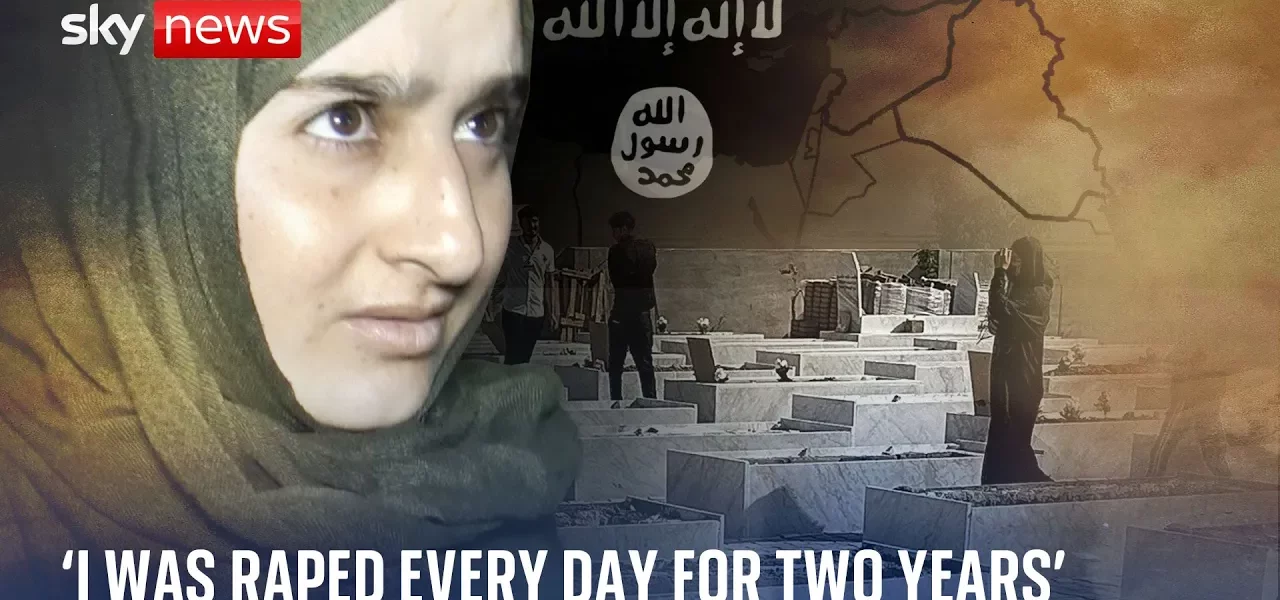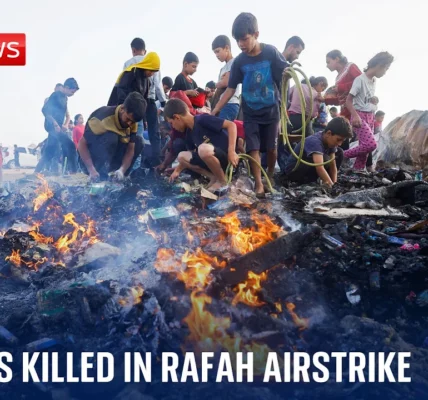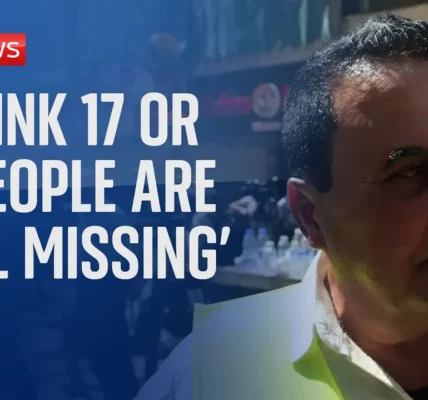The Ongoing Plight of Yazidi Women in Northeast Syria: Five Years After ISIS

This article delves into the harrowing situation faced by Yazidi women and children in Northeast Syria, five years after the extremist group ISIS was declared finished. It highlights the efforts of Kurdish forces in rescuing captives while shedding light on the broader implications for the Yazidi community.
Introduction
In the dead of night in Northeast Syria, Kurdish forces are on a critical mission to root out remnants of ISIS, specifically targeting those who continue to perpetuate the suffering of the Yazidi community. Five years have passed since ISIS was declared defeated, yet the scars of their brutality remain deeply etched in the lives of those affected. The plight of Yazidi women, many of whom were kidnapped and sold into slavery, continues to evoke a sense of urgency and despair. This article explores the ongoing efforts to rescue these women and the complex dynamics surrounding their captivity and eventual recovery.
The Current Situation of Yazidi Women
Despite the defeat of ISIS, thousands of Yazidi women remain unaccounted for, many of whom are believed to be held captive in overcrowded camps in Northeast Syria. The Kurdish-led Syrian Democratic Forces (SDF) have been conducting raids in these camps to locate and rescue these women.
Conditions in the Camps
The camps housing the families of ISIS members are described as ticking time bombs. These sprawling encampments are filled with individuals who may still have ties to the extremist ideology, posing ongoing risks to security forces and the local population. Within these camps, the following issues persist:
- Overcrowding and inadequate living conditions
- Presence of former ISIS fighters and their families
- Fear of violence and reprisal attacks from ISIS loyalists
- Psychological trauma among Yazidi women and children
Rescue Operations by Kurdish Forces
The Kurdish forces play a pivotal role in the ongoing operations aimed at rescuing Yazidi women and children. Their work involves not only capturing suspected ISIS members but also identifying and liberating those who have been enslaved.
Identifying Captives
During the raids, Kurdish soldiers often face the daunting task of identifying Yazidi women who may be too afraid to reveal their identities. The process typically includes:
- Direct questioning of women to ascertain their identities.
- Checking for distinctive signs or clothing that indicate Yazidi heritage.
- Assessing the living conditions and relationships within the camps.
The Emotional Toll of Rescue Missions
Rescue operations are fraught with emotional challenges. Many women are reluctant to leave their children behind, fearing for their safety. This is particularly poignant in cases where the mothers have been victims of sexual violence and have borne children as a result of their captivity.
The Legacy of ISIS Brutality
The legacy of ISIS’s campaign against the Yazidi people is marked by horrific acts of violence, including mass killings and sexual slavery. The Yazidi community has been profoundly affected, with countless families torn apart and many women subjected to unspeakable horrors.
Continued Suffering and Trauma
For those who have been rescued, the journey to recovery is often long and fraught with difficulties. Many survivors face:
- Psychological trauma from their experiences
- Stigmatization within their communities
- Challenges in reintegrating into society
Justice and Accountability
The pursuit of justice for the Yazidi community remains a pressing issue. While there have been some prosecutions for crimes against Yazidis, many feel that justice has not been adequately served. The ongoing search for missing women and girls adds to the sense of urgency within the community.
Conclusion
The plight of Yazidi women and children in Northeast Syria is a harrowing reminder of the brutal legacy left by ISIS. While Kurdish forces continue their efforts to rescue those still in captivity, the challenges faced by the survivors are monumental. There is a pressing need for greater awareness, support, and accountability to ensure that the voices of the Yazidi community are heard, and justice is served. For those interested in supporting the Yazidi community, consider donating to organizations that aid in recovery and rehabilitation efforts.
“`




